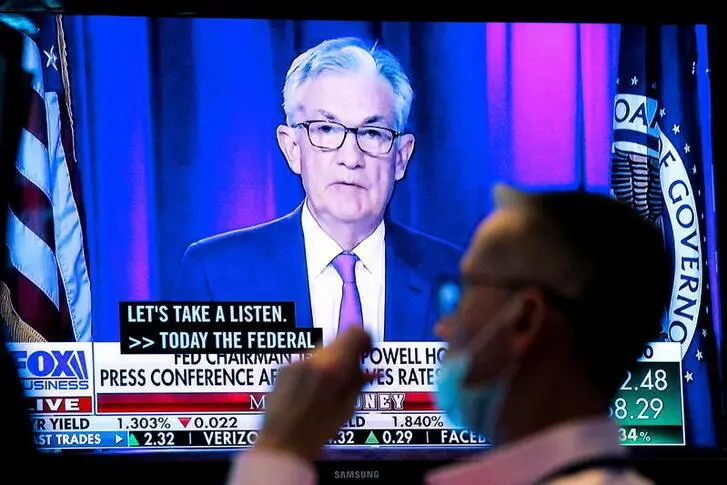PHOTO
(The author is a Reuters Breakingviews columnist. The opinions expressed are her own.)
WASHINGTON - Jerome Powell’s renomination as chair of the Federal Reserve sets him up for a thankless task. If he moves quickly on raising rates, as traditional inflation measures suggest he ought to, he could cut off job creation, going against his word. If he moves too slowly, prices could keep going up. The only consolation is that given this unenviable job, Powell is still the safest bet.
The Fed’s biggest conundrum is what to do about inflation, a long-absent central-bank foe that has revived thanks to the Covid-19 pandemic. The consumer price index rose 6.2% in October year-over-year, the biggest jump since 1990. Supply-chain bottlenecks due to Covid-19 coupled with a jump in demand for goods have created economic imbalances.
Powell has said he would be patient on rate hikes, and the nomination of dovish Lael Brainard as his vice chair suggests the Fed will stick to that path. Both want to give the labor market more time to heal so that women and minorities benefit. The unemployment rate fell to 4.6% in October but the labor participation rate for Black workers and job seekers fell from September by 0.2 percentage points to 61.1%.
These groups, though, are at the sharp end of whatever course the Fed takes. If near-zero rates cause consumer prices to jump higher, more vulnerable populations will be hit hardest. Inequality is also likely to rise as asset prices do. Yet if employers respond to higher rates by slowing the pace of hiring, many non-working Americans won’t get the chance to enter the labor market.
To make things worse, the pandemic has also spurred unusual economic behavior. Additional unemployment benefits expired in September. Yet that same month, a record 4.4 million people quit their jobs. Michigan’s consumer sentiment index fell to its lowest level since 2011 in November, but retail sales surged more than 16% in October year-over-year.
In such uncharted territory, Powell is at least the best person for the job, assuming the Senate is prepared to confirm him. He has already steered the Fed’s aggressive response to the pandemic and is honest about the fallibility of central bank assumptions. The rise in the S&P 500 Index on Monday reflects that Powell is at least a known quantity, in an economy where known quantities are hard to come by.
CONTEXT NEWS
- U.S. President Joe Biden on Nov. 22 nominated Jerome Powell for a second term as chair of the Federal Reserve. The president also chose Fed Governor Lael Brainard as vice chair to replace Richard Clarida, whose term expires in January.
(The author is a Reuters Breakingviews columnist. The opinions expressed are her own.)
(Editing by John Foley and Amanda Gomez) ((For previous columns by the author, Reuters customers can click on CHON/ SIGN UP FOR BREAKINGVIEWS EMAIL ALERTS https://bit.ly/BVsubscribe | gina.chon@thomsonreuters.com; Reuters Messaging: gina.chon.thomsonreuters.com@reuters.net))





















